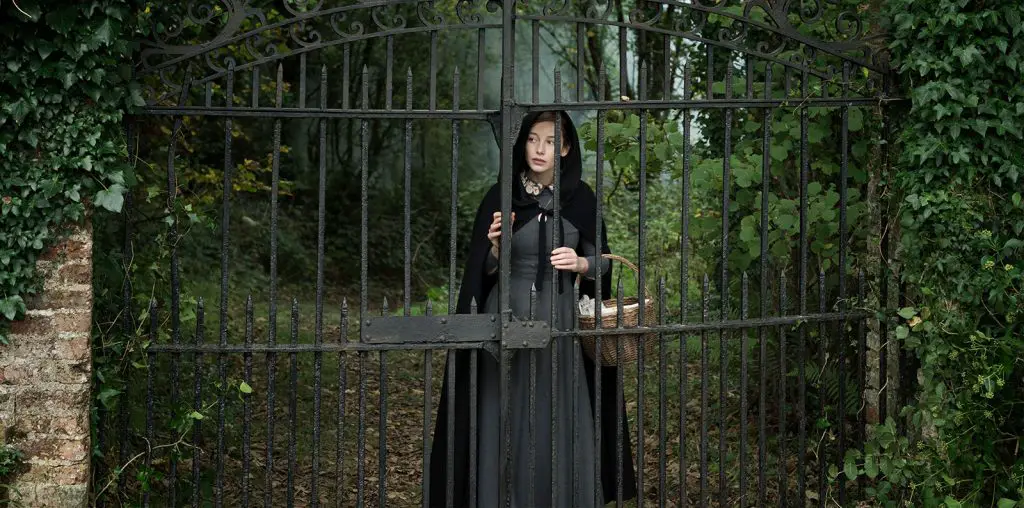
This is a movie that has several powerful, illuminating moments. The surprising thing is none of them feature bullies. While their behavior is condemned, they aren’t nearly the only bad guys in Lee Hirsch’s film. The people you’re likely to find most infuriating are clueless parents, law enforcement officials and school administrators.
Bully tells the stories of five children in four states-Mississippi, Oklahoma, Iowa and Georgia (no explanation is offered as to why the filmmaker chose rural regions of the bible belt). All five experienced sustained emotional, verbal and physical harassment at the hands of their peers. Two committed suicide before Hirsch’s cameras began rolling.
Sixteen-year-old Kelby describes what happens when you come out in Tuttle, Oklahoma. Longtime friends shunned her family. Classmates rearranged their desks to ostracize her. A van filled with jocks ran her down. In Yazoo County, Mississippi, a 14-year-old black girl named Ja’Meya sits in a juvenile detention center waiting to learn her fate after snapping and pointing her mother’s gun at tormentors.
And then there’s Alex, a Sioux City, Iowa 14-year-old who gets the most screen time and gives the chilling impression of nearing the end of his rope. His story is the heart of the documentary for a number of reasons, not the least of which is the fact that Hirsch was able to capture people screwing with him on film. This is sad, disturbing stuff. The saddest part is that some of it was shot in Alex’s home.
Perhaps as a result of his premature birth, Alex doesn’t look, walk or talk like the other kids. He’s called “fish face” and is so accustomed to being abused while riding the school bus he’s convinced himself that his classmates are “just messing around.” “If not for them, what friends do I have?” he asks his mother when she belatedly begins to acknowledge something’s seriously wrong.
More troubling than her denial though is his father’s growing frustration with Alex’s failure to stick up for himself. In one wrenching scene, he reprimands the boy for allowing his own mistreatment rather than taking any action to help him. You wonder how much more lackadaisical their responses to the problem might have proven if there hadn’t been a movie crew in the home.
They’re blazing beacons of intelligence and compassion, however, compared to the pinheads running the schools these children attend. When family and friends of one of the victims who committed suicide hold a town hall meeting to shed light on the spike in bullying, not a single school official bothers to show up. Among those flagrantly taunting Kelby on a regular basis, we learn, was one of her teachers. The worst is the assistant principal at Alex’s school. By the end of the film you want to hop on a plane and wring her neck.
Early on, we watch her completely mishandle a bullying incident. As kids file in from the playground, she takes aside two boys, one of whom has just been harassing the other, and orders them to resolve the conflict by shaking hands. The student guilty of bullying is only too glad to get off so easily. His target is incredulous and refuses. At which point the administrator excuses the perpetrator and admonishes his victim that refusing to shake hands is every bit as hurtful as what his tormentor had done.
Lest we chalk her insipidness up to a bad day, the director takes us into her office when Alex’s parents pay a visit to express their dismay after being shown footage of their son being terrorized on the school bus. Hirsch showed the same footage to the school. Unbelievably, the assistant principal poo poos their concerns, assuring them the bus is “good as gold” and proceeds to show them photos of her new grandchild.
The fact is Bully isn’t a particularly well made film. It’s manipulative and shamelessly sentimental in places and drags in others. Many viewers will wish it offered more in the way of analysis. In the end though, the latest from the documentary filmmaker isn’t about facts or figures but feelings. Hirsch wants to make you angry, to raise your blood pressure as a first step toward raising your consciousness. While he doesn’t make great cinema, there’s no doubt he makes his point.

